Home>Home Appliances>Laundry Appliances>How Many Gallons Of Water Does A Washing Machine Use
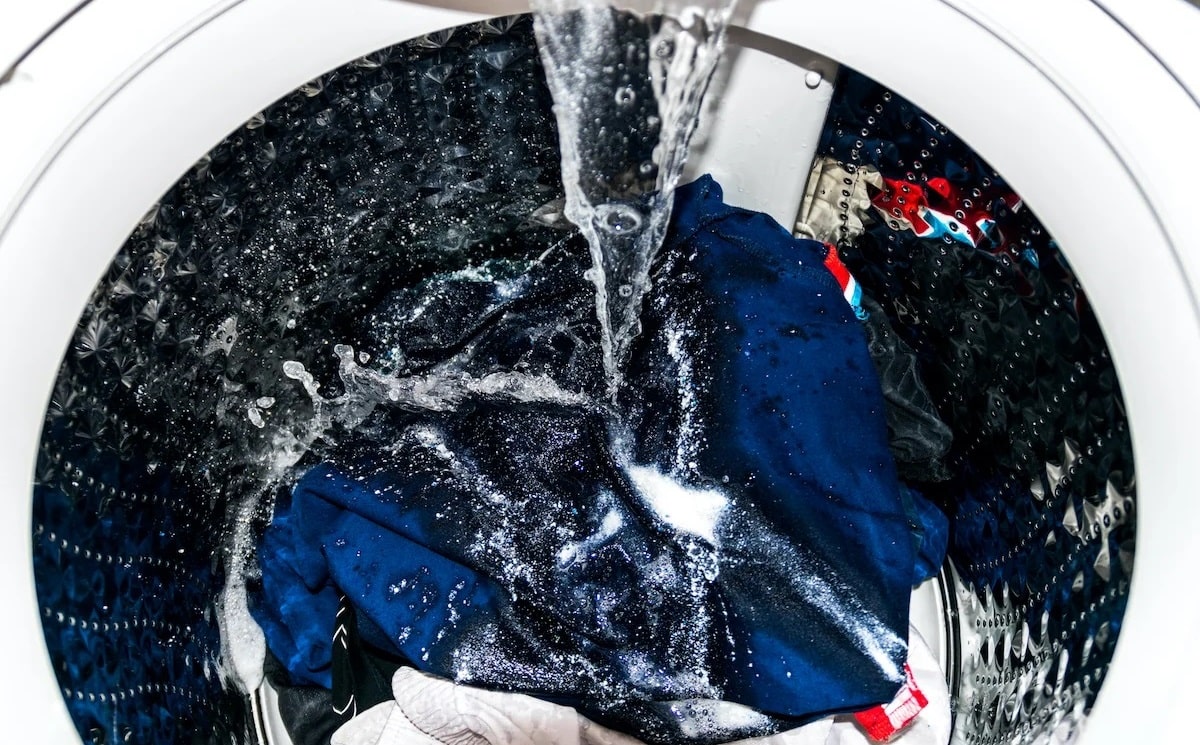

Laundry Appliances
How Many Gallons Of Water Does A Washing Machine Use
Modified: October 21, 2024
Discover how much water a washing machine uses and learn about water-efficient laundry appliances. Find out how to save water and energy with your laundry routine.
(Many of the links in this article redirect to a specific reviewed product. Your purchase of these products through affiliate links helps to generate commission for Storables.com, at no extra cost. Learn more)
Introduction
Washing machines are an indispensable part of modern life, simplifying the arduous task of laundry and saving us precious time and effort. However, have you ever wondered how much water these workhorses of cleanliness actually consume? The amount of water used by a washing machine is a crucial consideration, not only for environmental reasons but also for the impact it has on your utility bills. Understanding the factors that influence water usage and learning how to optimize it can lead to significant savings and a more sustainable approach to laundry.
In this comprehensive guide, we will delve into the fascinating world of washing machine water consumption. We will explore the various factors that affect water usage, uncover the average water consumption of different types of washing machines, and discuss the emergence of high-efficiency models that are revolutionizing the industry. Additionally, we will provide practical tips for reducing water usage without compromising the cleanliness of your laundry.
Join us on this enlightening journey as we unravel the mysteries of washing machine water consumption and empower you to make informed decisions that benefit both your household and the environment. Let's embark on this exploration of the watery realm of washing machines and discover how to make every drop count.
Key Takeaways:
- Washing machines vary in water usage based on factors like load size and machine type. High-efficiency models offer significant water savings and eco-friendly laundry solutions.
- To reduce water usage, optimize load size, select appropriate wash cycles, and consider upgrading to high-efficiency models. These practices promote sustainability and cost-effective laundry routines.
Read more: How Many Gallons Of Water Does A Washer Use
Factors Affecting Water Usage
The water consumption of a washing machine is influenced by various factors, each playing a crucial role in determining the amount of water required to complete a laundry cycle. Understanding these factors is essential for optimizing water usage and achieving efficient cleaning results. Let's explore the key elements that impact the water consumption of washing machines:
-
Load Size: The volume of laundry being washed directly affects the amount of water needed. Larger loads typically require more water to ensure thorough cleaning, while smaller loads can be washed with less water. Modern washing machines often feature load-sensing technologies that adjust the water level based on the size of the load, minimizing unnecessary water usage.
-
Wash Cycle Selection: Different wash cycles, such as normal, heavy-duty, or delicate, can significantly impact water usage. For instance, heavy-duty cycles may require additional water to tackle heavily soiled items, while quick wash or eco-friendly cycles use less water for lighter loads.
-
Water Level Adjustment: Some washing machines allow users to manually adjust the water level based on their preferences. This feature empowers individuals to customize the water usage according to the specific needs of each load, promoting flexibility and efficiency.
-
Age and Type of Washing Machine: Older washing machines tend to use more water compared to newer, high-efficiency models. Traditional top-loading machines generally consume more water than front-loading or high-efficiency top-loading machines, which are designed to optimize water usage without compromising cleaning performance.
-
Water Efficiency Features: Advanced washing machines are equipped with water-saving technologies such as dual or variable water pressure, improved spray patterns, and efficient drum designs. These features contribute to reducing water consumption while ensuring thorough cleaning.
-
Soil Level and Stain Type: The level of soil and the type of stains on the laundry can influence the water usage. Heavily soiled items may require additional water to effectively remove dirt and stains, whereas lightly soiled garments can be cleaned with less water.
By considering these factors, consumers can make informed decisions when selecting a washing machine and optimizing their laundry practices to minimize water usage. Understanding the interplay of these elements empowers individuals to embrace sustainable and efficient laundry habits, ultimately benefiting both the environment and their household budget.
Average Water Consumption of Washing Machines
The average water consumption of washing machines varies based on several factors, including the type of machine, load size, and technological advancements. Traditional top-loading washing machines, commonly found in many households, typically use a substantial amount of water per cycle. On average, these machines consume around 23 gallons of water per load. This significant water usage is attributed to the design of top-loading machines, which require a generous amount of water to fully submerge the laundry and facilitate the washing process.
In contrast, front-loading washing machines, known for their superior water efficiency, consume considerably less water. On average, these machines use approximately 13 gallons of water per load. The horizontal drum design of front-loading machines allows the laundry to be tumbled through a smaller pool of water, effectively cleaning the garments with reduced water consumption. This innovative approach to washing machine design has contributed to significant water savings and has garnered widespread acclaim for its environmental benefits.
Moreover, the emergence of high-efficiency washing machines has revolutionized water consumption in the laundry realm. These advanced machines are engineered to optimize water usage without compromising cleaning performance. High-efficiency top-loading machines, featuring improved drum designs and load-sensing technologies, consume around 15 gallons of water per load, representing a substantial reduction compared to traditional top-loading models. Additionally, front-loading high-efficiency machines further elevate water efficiency, utilizing approximately 10 gallons of water per load, setting a new standard for sustainable laundry practices.
It is important to note that the aforementioned average water consumption figures are based on standard washing cycles. Some machines offer specialized eco-friendly or quick wash cycles that use even less water, catering to individuals seeking further water savings and expedited laundry routines. These alternative wash cycles showcase the adaptability of modern washing machines, allowing users to tailor their water usage based on their specific needs and preferences.
By understanding the average water consumption of different types of washing machines, consumers can make informed decisions when selecting a new appliance, considering not only cleaning performance but also the environmental impact and long-term cost savings. The evolution of washing machine technology has paved the way for more sustainable and water-efficient laundry practices, empowering individuals to embrace eco-friendly solutions without compromising cleanliness.
Consider purchasing a high-efficiency washing machine, as they use around 15-30 gallons per load, while older models can use up to 40 gallons. This can help save water and reduce your utility bills.
High-Efficiency Washing Machines
High-efficiency washing machines represent a significant leap forward in the evolution of laundry appliances, offering unparalleled water savings, energy efficiency, and superior cleaning performance. These innovative machines are designed to minimize environmental impact while providing exceptional results, making them a compelling choice for environmentally conscious consumers and those seeking long-term cost savings.
One of the defining features of high-efficiency washing machines is their advanced water-saving technologies. These machines utilize significantly less water per load compared to traditional models, contributing to substantial reductions in water consumption. By incorporating load-sensing mechanisms and improved drum designs, high-efficiency washing machines optimize water usage without compromising cleaning effectiveness. This efficient approach not only conserves water but also reduces the energy required to heat the water, further enhancing the overall eco-friendliness of the laundry process.
In addition to water savings, high-efficiency washing machines are engineered to deliver impressive energy efficiency. These appliances are designed to operate with minimal energy consumption, resulting in lower utility bills and reduced environmental impact. By leveraging innovative technologies such as variable speed motors, advanced insulation, and optimized wash cycles, high-efficiency washing machines exemplify the convergence of cutting-edge engineering and sustainable practices. The integration of energy-efficient components and intelligent operational features ensures that each laundry cycle maximizes performance while minimizing resource utilization.
Furthermore, high-efficiency washing machines are renowned for their exceptional cleaning capabilities. Despite using less water and energy, these machines excel in removing stains, dirt, and grime from various types of laundry. The combination of precise water distribution, thorough agitation, and customizable wash cycles results in immaculately clean garments without excessive resource consumption. This remarkable balance between efficiency and cleaning prowess positions high-efficiency washing machines as the pinnacle of modern laundry technology, offering a harmonious blend of environmental responsibility and uncompromising performance.
As consumers increasingly prioritize sustainability and seek ways to reduce their ecological footprint, high-efficiency washing machines have emerged as a compelling solution that aligns with these values. By investing in a high-efficiency washing machine, individuals can actively contribute to water conservation efforts, minimize energy usage, and enjoy the long-term benefits of reduced operating costs. The integration of advanced water and energy-saving features, coupled with exceptional cleaning performance, makes high-efficiency washing machines a cornerstone of eco-friendly and economically prudent laundry practices.
Tips for Reducing Water Usage
Efficient water usage in laundry practices not only contributes to environmental conservation but also leads to cost savings. By implementing the following tips, individuals can significantly reduce water consumption without compromising the cleanliness of their laundry:
-
Optimize Load Size: Whenever possible, maximize the capacity of each laundry load to make efficient use of water. However, avoid overloading the machine, as this can hinder proper cleaning and necessitate additional wash cycles.
-
Select Appropriate Wash Cycles: Choose wash cycles that align with the soil level and fabric type of the laundry. Utilize quick wash or eco-friendly cycles for lightly soiled items, reducing water usage for less demanding cleaning tasks.
-
Utilize Load-Sensing Features: If your washing machine is equipped with load-sensing technology, allow it to automatically adjust the water level based on the size of the load. This ensures that the optimal amount of water is used for each cycle, minimizing waste.
-
Pre-Treat Stains: Address stains and heavily soiled areas before initiating the wash cycle. By pre-treating stains, you can reduce the need for additional wash cycles, ultimately conserving water.
-
Upgrade to High-Efficiency Models: Consider investing in a high-efficiency washing machine, which is specifically designed to minimize water usage while delivering exceptional cleaning performance. These advanced appliances represent a long-term solution for reducing water consumption in the laundry process.
-
Reuse Gray Water: Explore the possibility of reusing gray water from laundry cycles for other household purposes, such as watering plants or cleaning outdoor surfaces. This sustainable practice maximizes the utility of water and reduces overall household water usage.
-
Regular Maintenance: Ensure that your washing machine is well-maintained to prevent water leaks and inefficiencies. Address any issues promptly to avoid unnecessary water wastage and maintain optimal performance.
-
Use Cold Water When Possible: Opt for cold water wash cycles, especially for items that do not require hot water for effective cleaning. Cold water not only conserves energy but also reduces water heating costs.
By incorporating these practical tips into your laundry routine, you can make a meaningful impact on water conservation while embracing sustainable and cost-effective practices. These strategies empower individuals to minimize water usage without compromising the cleanliness and freshness of their laundry, fostering a more environmentally conscious approach to household chores.
Read more: How Many Amps Does A Washer Use
Conclusion
In conclusion, the water consumption of washing machines is a pivotal aspect of modern laundry practices, influencing both environmental sustainability and household expenses. By understanding the factors that affect water usage, consumers can make informed decisions when selecting a washing machine and optimizing their laundry routines. Load size, wash cycle selection, and the type of washing machine all play crucial roles in determining water consumption, highlighting the need for mindful consideration when approaching laundry tasks.
The average water consumption of washing machines varies based on the type of machine, with traditional top-loading models typically using more water compared to front-loading and high-efficiency machines. The emergence of high-efficiency washing machines has revolutionized water consumption in the laundry realm, offering unparalleled water savings, energy efficiency, and exceptional cleaning performance. These advanced appliances represent a significant step forward in promoting sustainable and cost-effective laundry practices, aligning with the growing emphasis on environmental responsibility and resource conservation.
Furthermore, practical tips for reducing water usage in laundry routines empower individuals to make a meaningful impact on water conservation without sacrificing the cleanliness and freshness of their laundry. By optimizing load size, selecting appropriate wash cycles, and considering the upgrade to high-efficiency models, consumers can actively contribute to water conservation efforts while enjoying long-term cost savings.
In essence, the watery realm of washing machines encompasses a delicate balance between efficient cleaning and responsible resource utilization. As individuals strive to embrace eco-friendly solutions and minimize their ecological footprint, the evolution of washing machine technology continues to pave the way for more sustainable and water-efficient laundry practices. By integrating advanced water-saving features, energy efficiency, and exceptional cleaning capabilities, modern washing machines exemplify the harmonious convergence of environmental responsibility and uncompromising performance.
Ultimately, the journey through the realm of washing machine water consumption empowers individuals to make informed choices that benefit both the environment and their household budget. By embracing water-efficient practices and leveraging the advancements in washing machine technology, consumers can embark on a path towards sustainable and cost-effective laundry routines, ensuring that every drop of water is utilized thoughtfully and responsibly.
Frequently Asked Questions about How Many Gallons Of Water Does A Washing Machine Use
Was this page helpful?
At Storables.com, we guarantee accurate and reliable information. Our content, validated by Expert Board Contributors, is crafted following stringent Editorial Policies. We're committed to providing you with well-researched, expert-backed insights for all your informational needs.
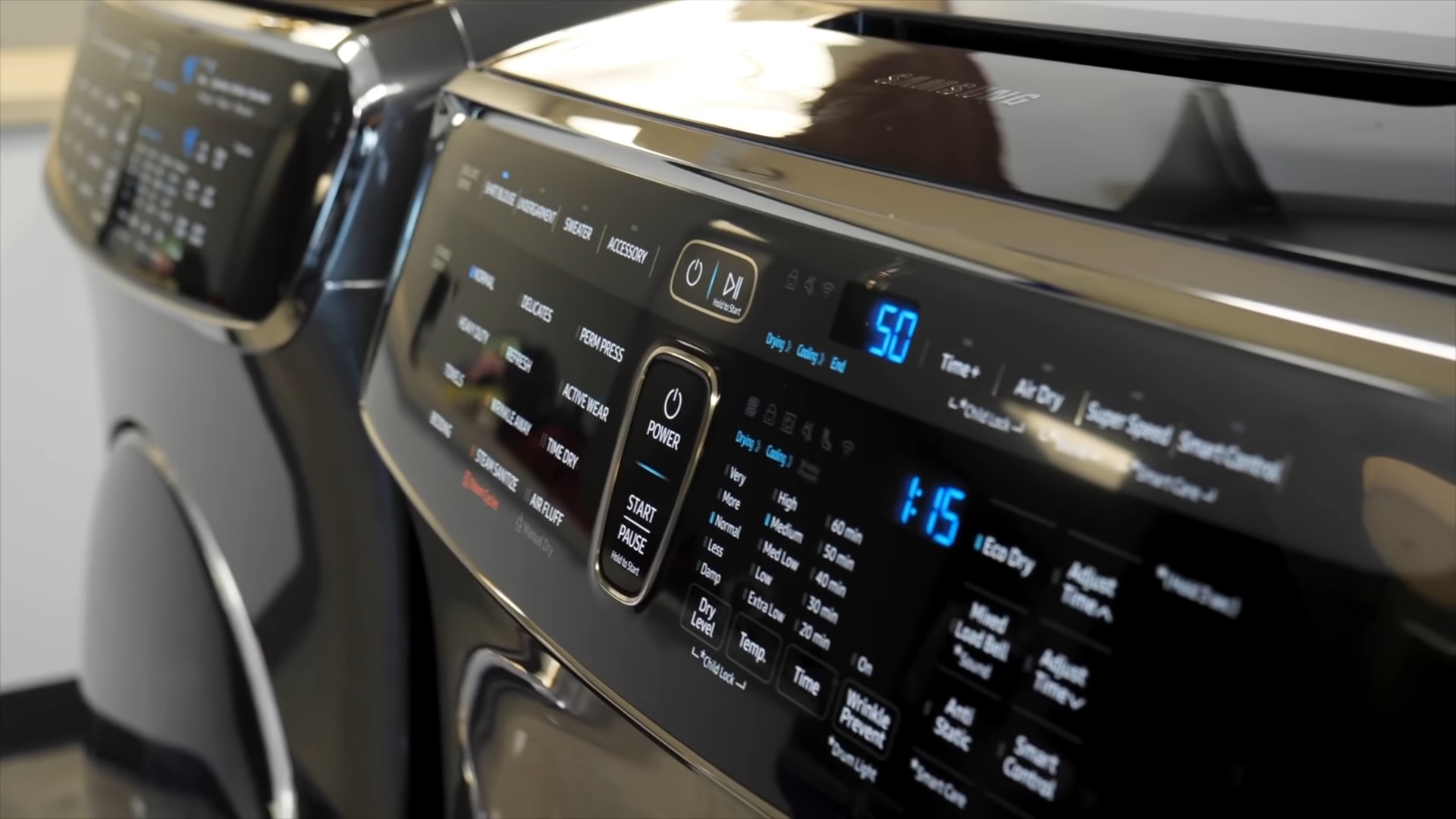


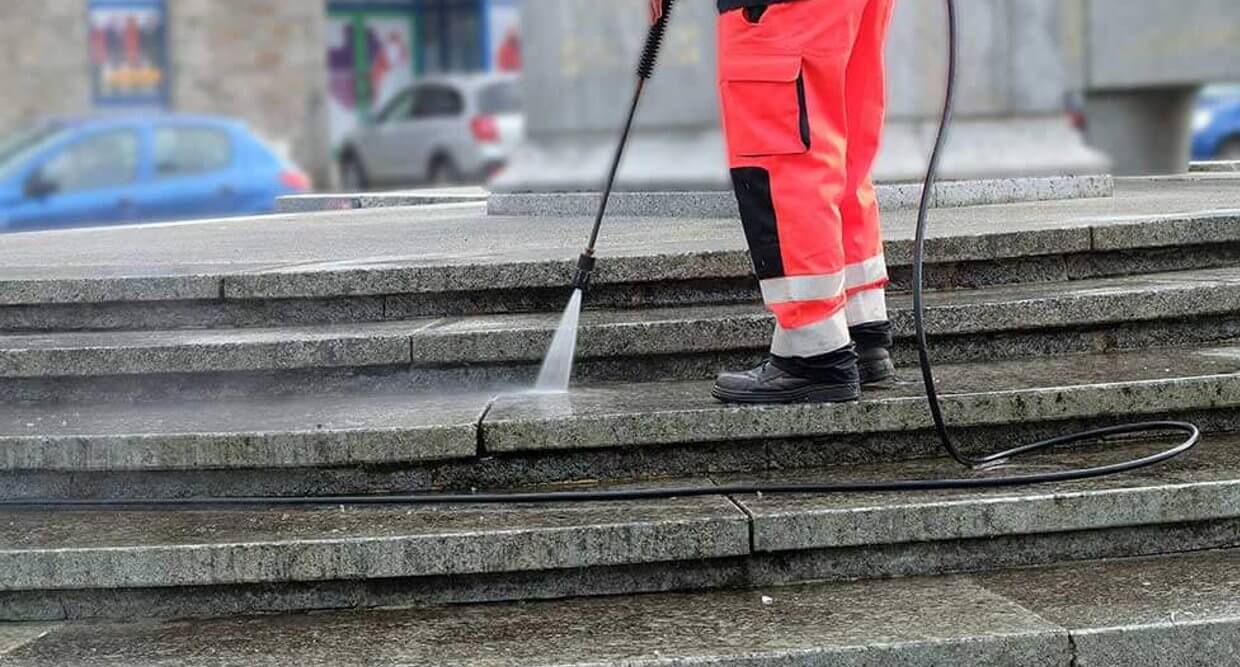
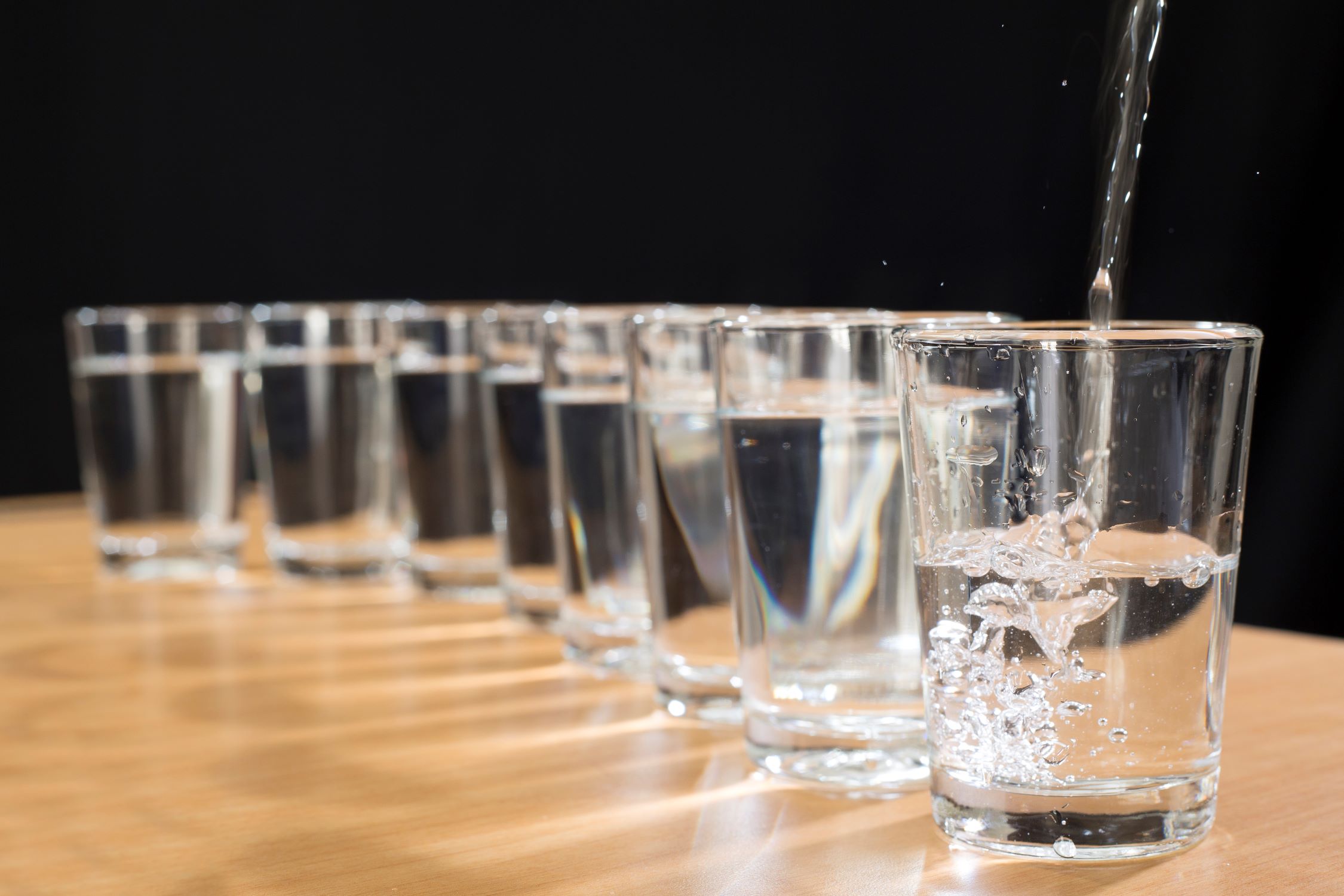


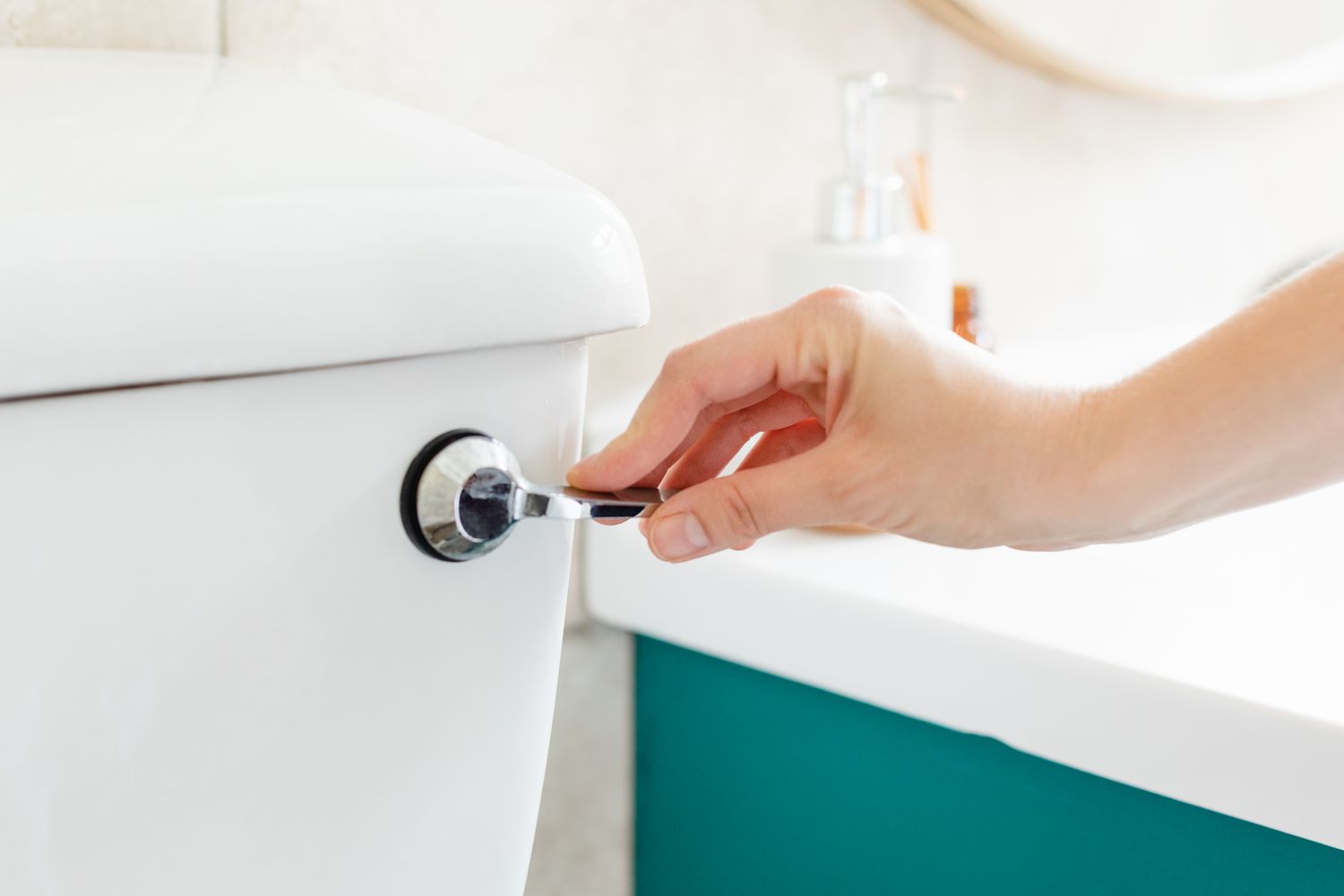
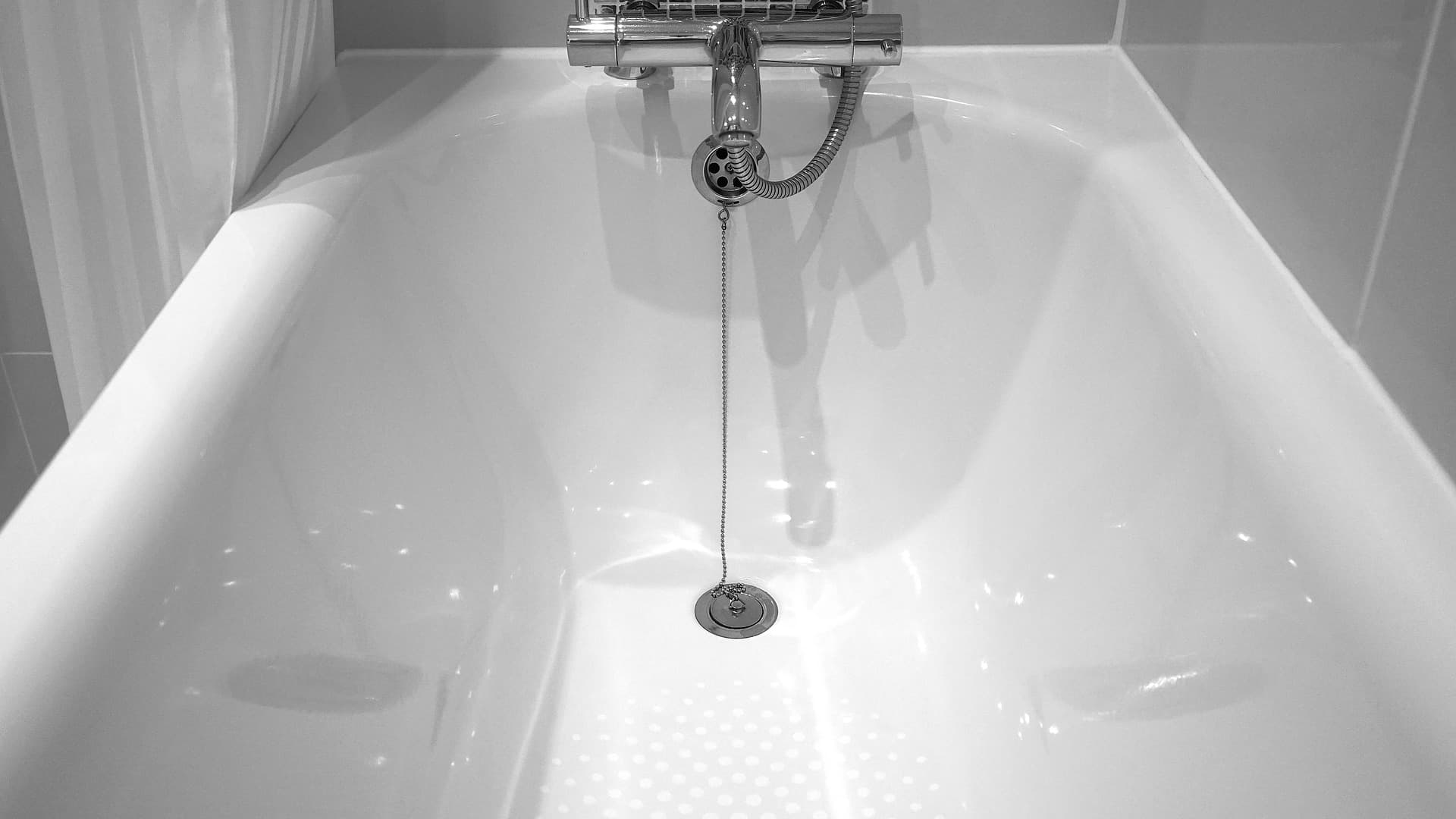
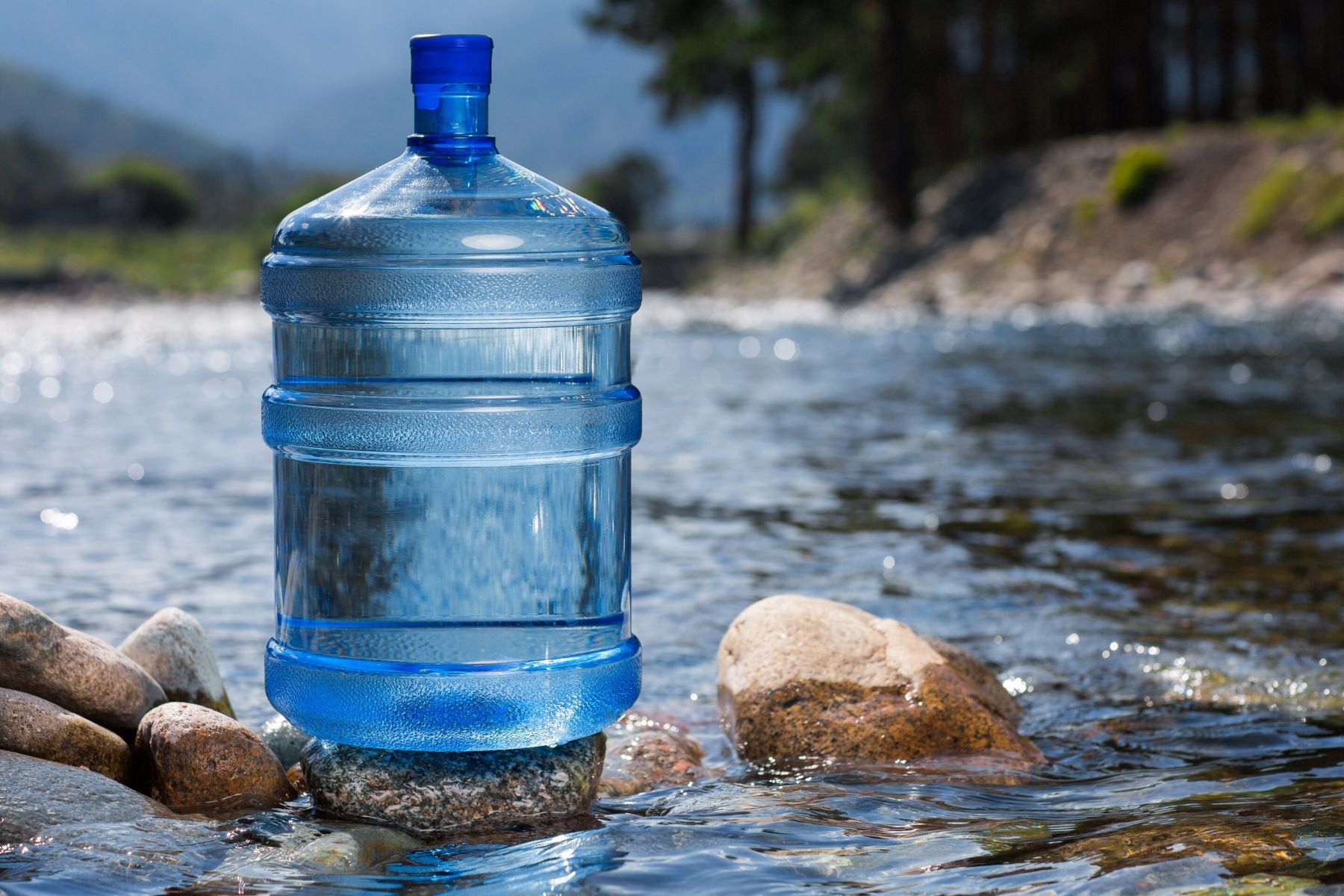
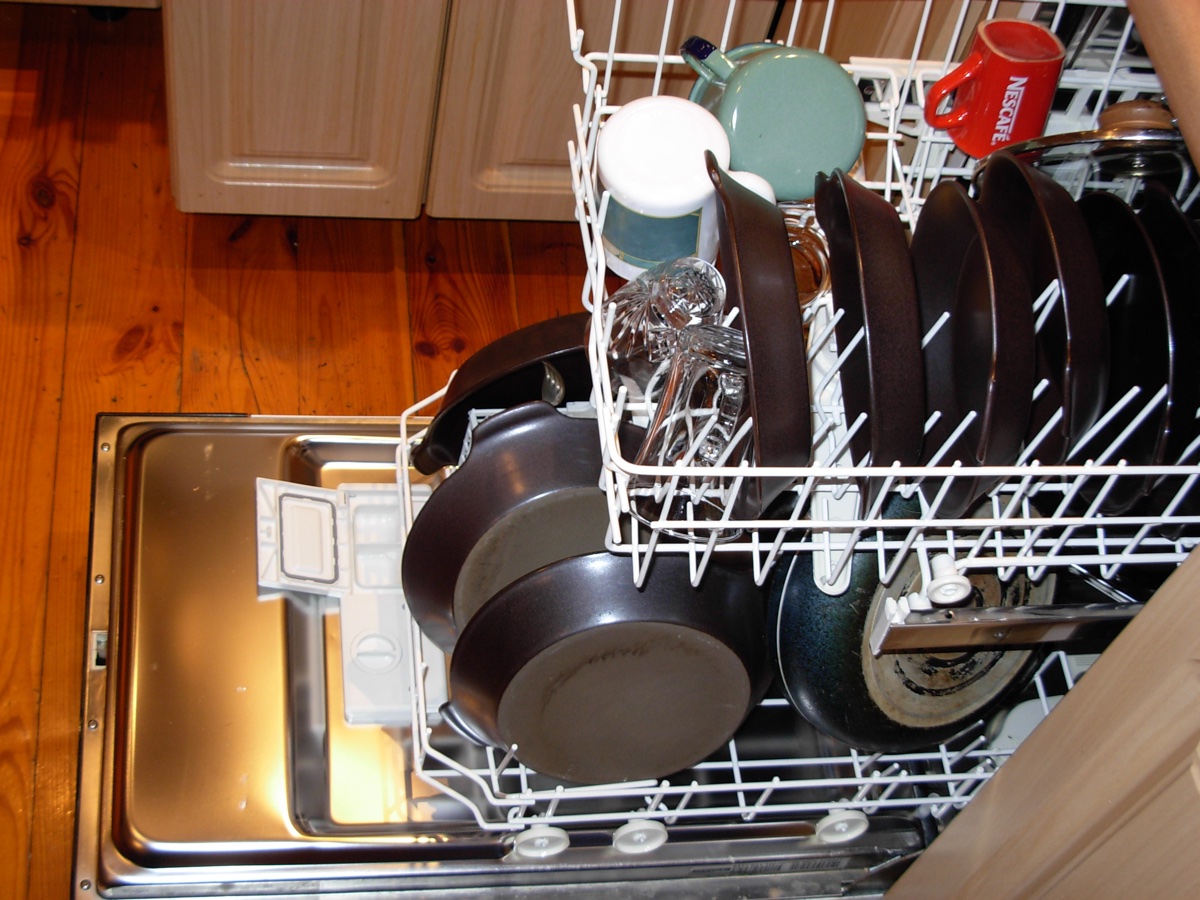
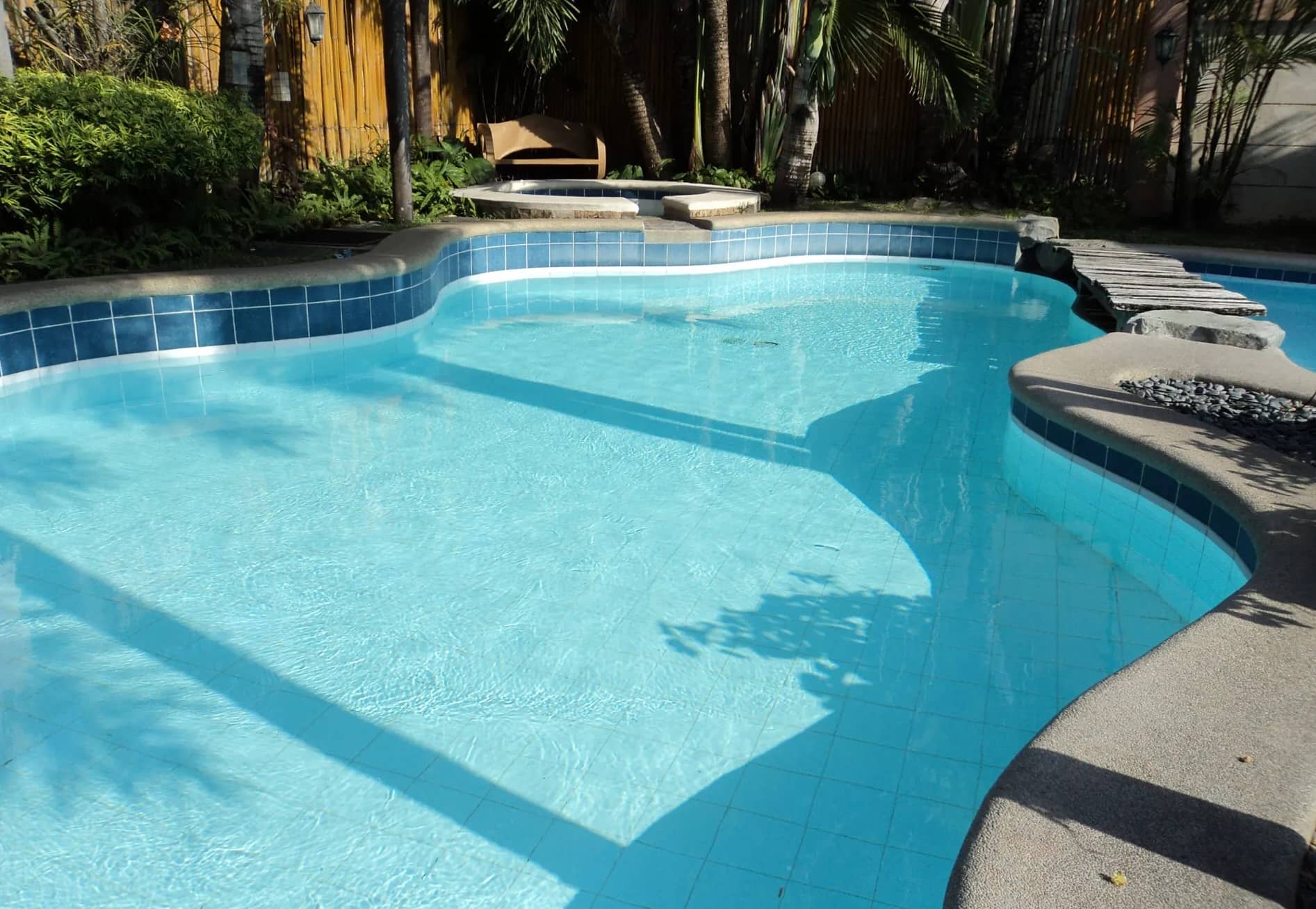

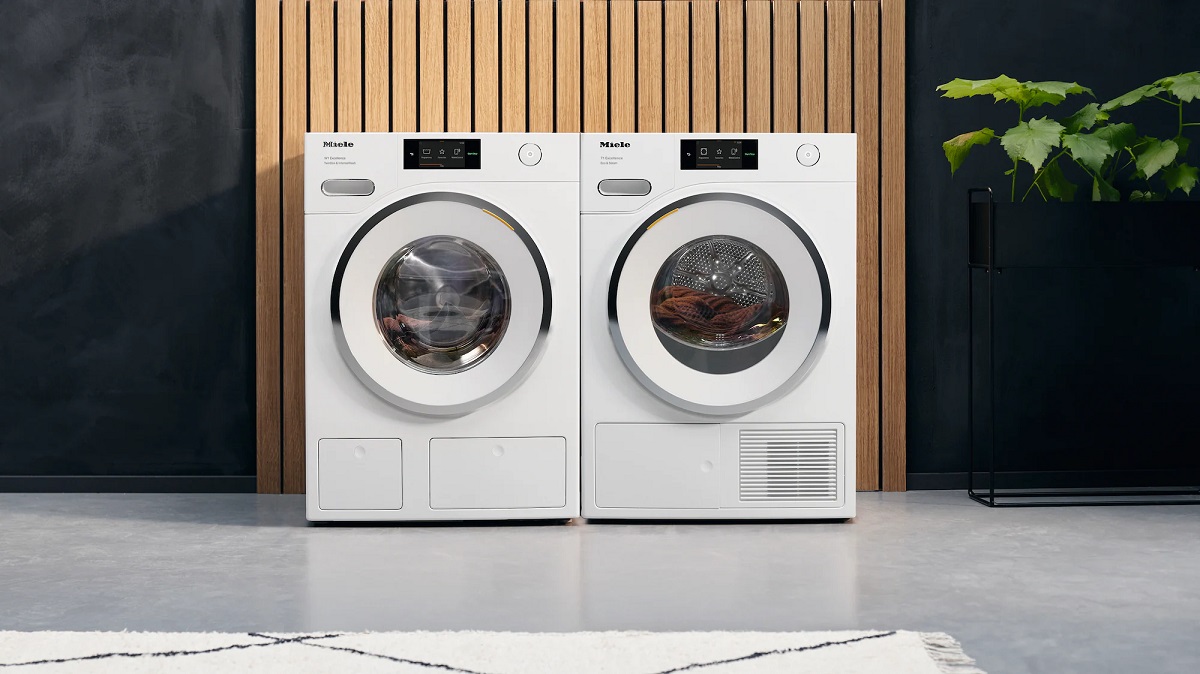

0 thoughts on “How Many Gallons Of Water Does A Washing Machine Use”